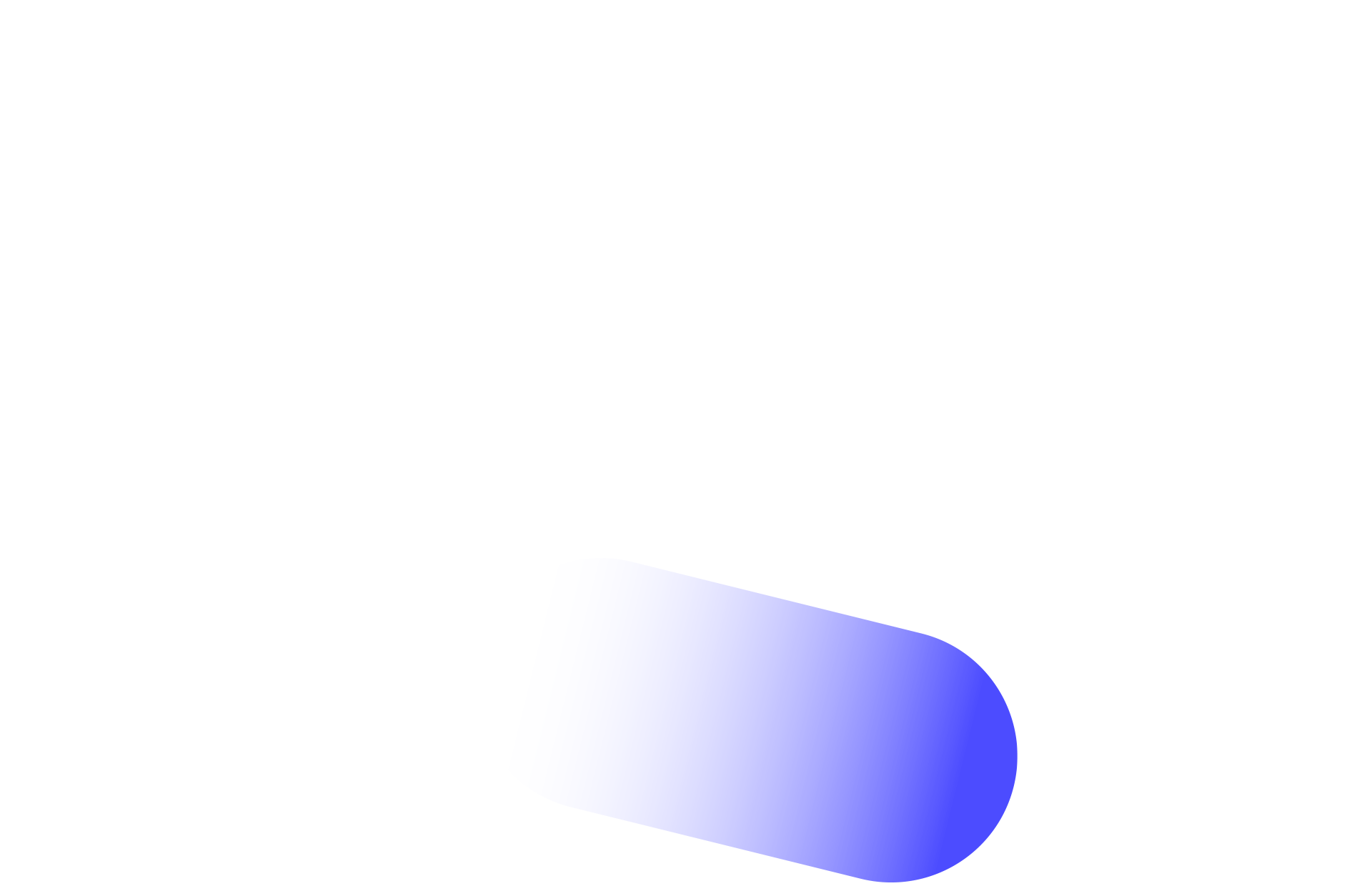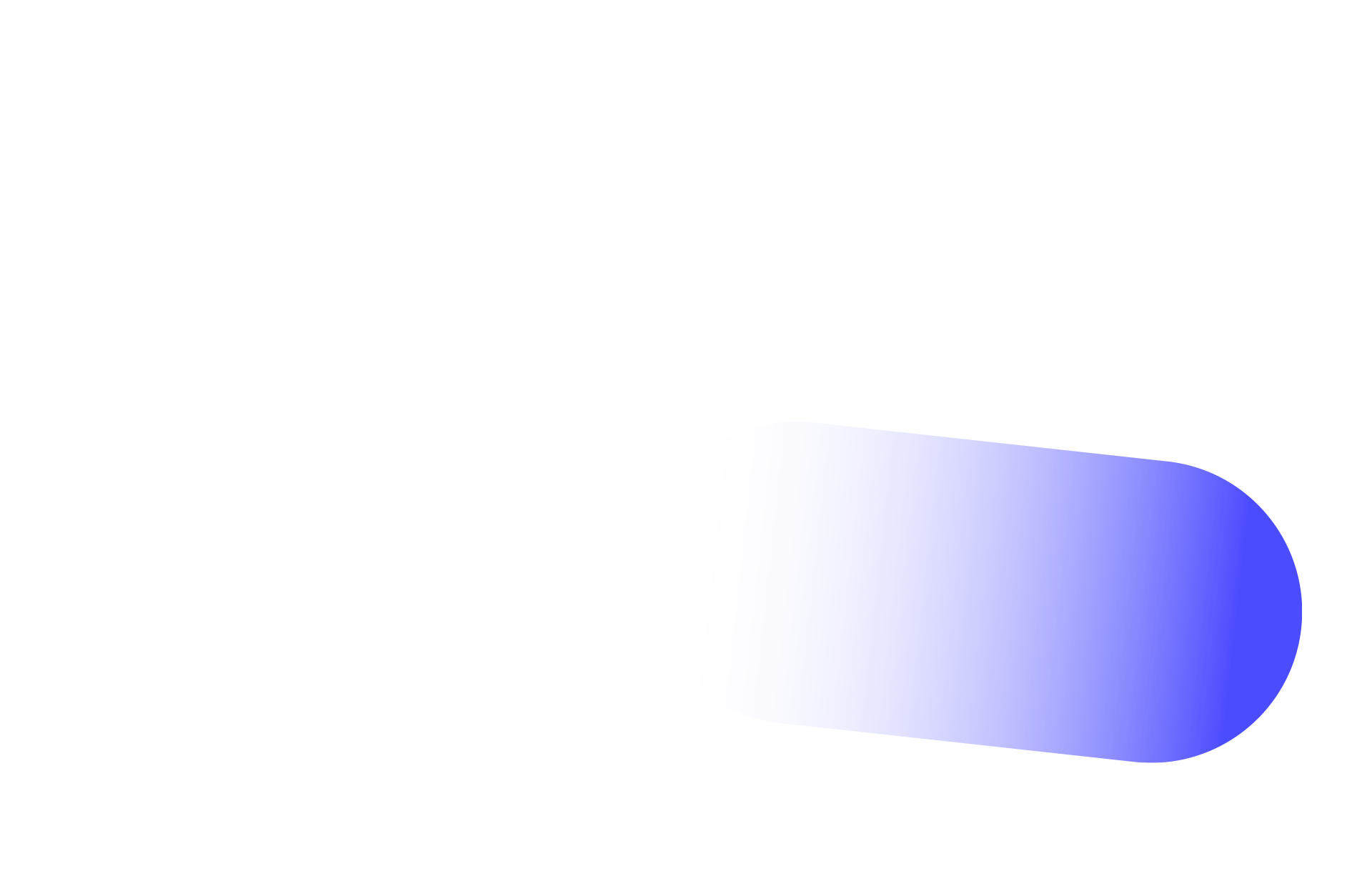It is fascinating to see reports from the UK that Vodafone and Telefónica have announced that they want to jointly operate and manage ‘a single network grid’ in the UK that will run two competing mobile internet and voice networks. It may be the first time the term 'grid' has been used to describe a telecommunications network, a term normally reserved for the power industry. It certainly is better than saying these two giants have joined up to produce a super 'dumb pipe,' an almost offensive term constantly used to describe operators under threat from over-the-top (OTT) players.
What is even more incongruous is that the power industry has adopted the term 'smart grid' to describe what a ‘dumb pipe’ is, essentially, one network delivering a single commodity - electricity. The same applies for other utilities like water and gas.
It certainly isn't rocket science setting up a power grid (from where you can access, indirectly, multiple products and services… not produced by them, but for each of the specific existent industries – like TV shows via TV, or Internet access on the power-plugged PC), water distribution network or gas pipeline, but it is definitely a much more challenging task setting up a telecoms network delivering multiple products and services, both analogue and digital via multiple media.
Maybe the terms should be swapped over?
Whilst smart meters are able to monitor usage at a delivery location and deliver results back to base via another communications medium, they are relatively new for utilities. Telecoms companies have been able to monitor usage remotely for about one hundred years.
No need to send out someone to read the meter or turn off the mains, it is all done via that incredible 'dumb pipe'. That is the same one that can send different types of content at the same time at different speeds differentiate it and even prioritize it. That would be an interesting concept for any 'smart' utility grid which basically delivers one product down its pipe.
Those very same utilities are not expected to do much more than deliver their commodities 24x7, for example, you don't hear of power companies delivering TV shows or movies, do you?
Today's Telco is expected to produce and deliver almost anything digital, and to do it speedily, cheaply and continuously via those supposedly 'dumb pipes'. For that matter, how long would the utilities last without them? No electronic bills, no online customer care, no means to communicate!
If there is one thing the Telco’s could learn from single product utilities it is the ability to make money from a basic pipeline or power grid without having to add all the 'smarts'. Electricity distribution in deregulated markets is basically made up of a distribution part and a retail delivery segment, and it seems both manage to do well. In the same way, Telco’s with massive ‘pipes’ could offer a basic network service to would-be retailers and not have to worry about all the 'intelligent' bits in an ever-increasingly demanding and diverse market place.
Wholesaling that 'dumb pipe' is not new, but it takes on a whole new dimension when the potential cost-savings of ‘simplifying down’ are taken into account. Those operators that have already undergone 'structural separation' have been required not only to transform the wholesale and retail arms to achieve optimum business operations, but change the way they think the new distribution grid should work.
Being 'dumb' provides a basic, no-frills, low cost infrastructure that can be offered at very competitive rates to those wishing to be smarter. Of course, the simpler the business model, the easier the business can be assured, and isn’t that everyone’s ultimate goal?
Maybe those utility cousins are 'smart' after all.
This article was first published on TelcoProfessionals.com. You can find the original version here.







Give us your comments
Let us know what you thought about this article